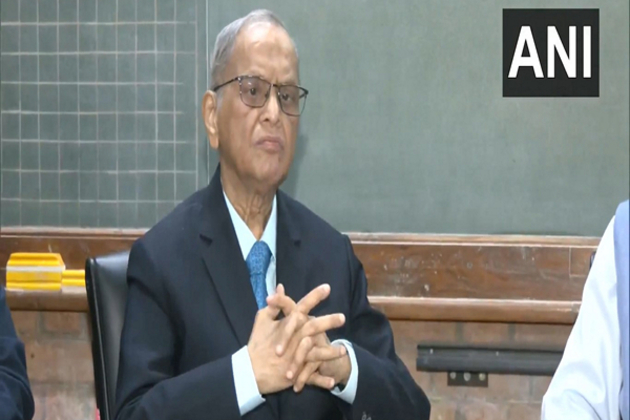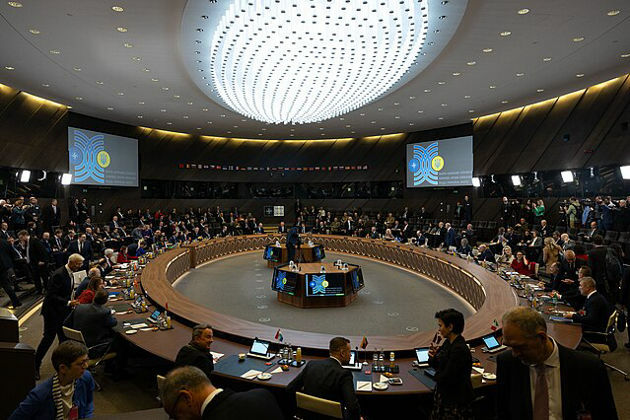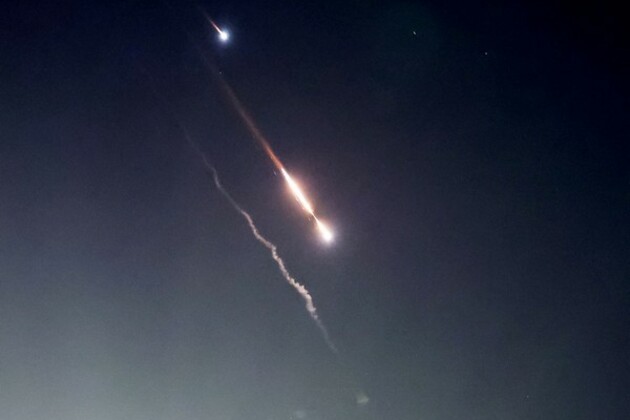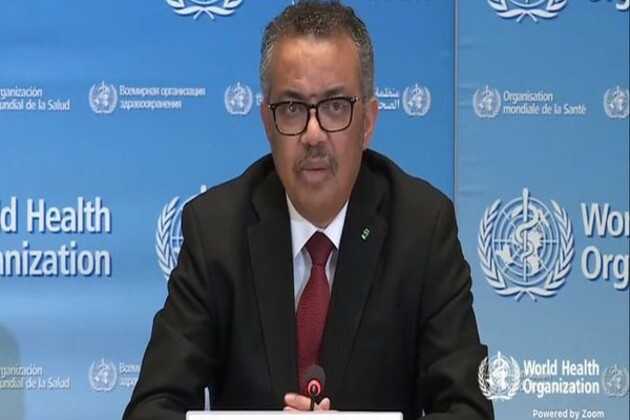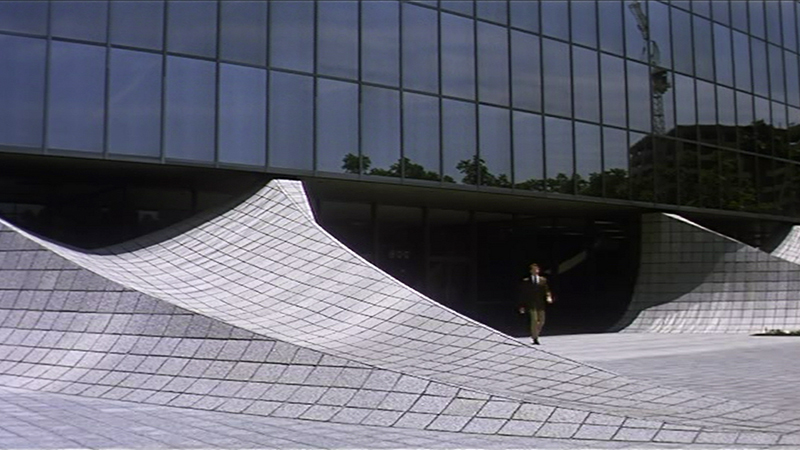Letter from Mideast: Back to routine, but not to normal
Xinhua
28 Jun 2025, 13:15 GMT+10
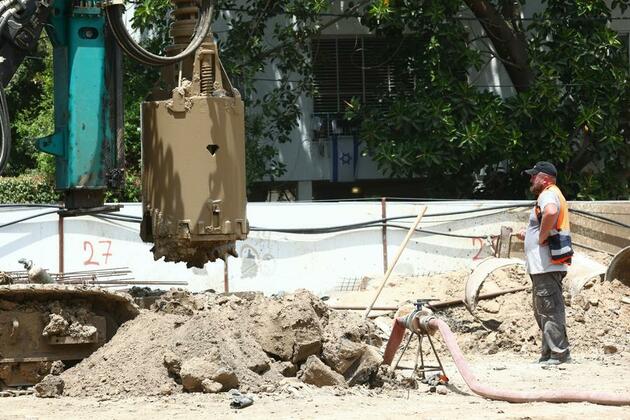
"The city wants to come back to life, but you can't just snap back into task mode," said a university lecturer and mother of two teenagers in Israel.
by Tamara Traubmann
JERUSALEM, June 28 (Xinhua) -- The night before Israel launched a surprise attack on Iran, my husband boarded a flight to Belgrade for what was supposed to be a quiet weekend getaway. I kissed him goodbye, unaware that within hours, the country would be at war.
Hours later, the unprecedented wave of airstrikes on Iran erupted. Almost immediately, the government shut down the country's airspace. My husband was stuck abroad.
I woke to dozens of alerts and headlines. Having covered Israel's many wars over the years, I thought I had grown desensitized to shock. But this time I felt different. A war with Iran had long been considered the worst-case scenario -- the one Israelis were raised to fear most -- a war that might define the country's very survival.
Nearly two weeks later, a ceasefire was declared. That night, my husband returned home. Friends visited. We sat on the porch, overlooking Tel Aviv and the Mediterranean Sea. That night, for the first time in days, there were no sirens. I slept through the night and woke to sunlight without being disturbed by alarms.
Despite a moment of relief, tension still lingered. Though security restrictions had been lifted and the economy officially reopened, the streets and buses remained half-empty. Life had not snapped back.
Beneath the calm surface, people were troubled by a sense of disorientation and mistrust. The government had declared the war over, but few seemed convinced.
In Tel Aviv, a city that proudly calls itself "the city that never sleeps," most of the lights went dark during the war. Many shops, cafes and offices remained shuttered. Israelis stayed close to home -- in their neighborhood shelters or "mamads," the reinforced safe rooms built into newer apartments.
"The city wants to come back to life, but you can't just snap back into task mode." said a friend of mine, a university lecturer and mother of two teenagers. She postponed student assignments, sensing her students would not be able to concentrate.
While feeling happy that "the ceasefire began, you must remember there are still hostages in Gaza. The war hasn't ended," she noted.
Dani Levi, a bank employee, said he was not sure whether both countries would keep the ceasefire terms. The return to work seemed abrupt and unnatural for him. "It's like going from zero to a hundred," he said.
"You were not even given time to process. You just woke up and everything was back to normal, as if war was a routine part of Israeli life," he said.
Hen Paldi, a mother of two, shared similar doubts. "It ended as suddenly as it began. But who says it's really safe now?" she said. Her five-year-old's daycare remained closed. "The kids are confused. So are we," she said. "Can't believe that this is truly the end."
Official figures show this war had the broadest impact on Israel's home front in recent history. According to a report released Wednesday by Israel's tax authority, 32,975 residential units and 4,119 vehicles were damaged in the war nationwide. Roughly 10,000 Israelis were displaced from their homes.
Despite the ceasefire, Israeli authorities have not given the people reassurance. Military Spokesperson Effie Defrin said the army would maintain a high level of alert across all fronts.
According to official Israeli and Iranian figures, 29 Israelis and over 400 Iranians were killed.
As attention shifts back to domestic politics, the weekly protests -- suspended during the war -- are expected to resume to demand a ceasefire with Hamas and the release of hostages still held in Gaza. The war with Iran may have bought time for Israel's leadership, but it does not resolve the underlying crisis.
The missiles may have stopped, but the questions have not. For many, the silence bespeaks anything but security.
 Share
Share
 Tweet
Tweet
 Share
Share
 Flip
Flip
 Email
Email
Watch latest videos
Subscribe and Follow
Get a daily dose of Greek Herald news through our daily email, its complimentary and keeps you fully up to date with world and business news as well.
News RELEASES
Publish news of your business, community or sports group, personnel appointments, major event and more by submitting a news release to Greek Herald.
More InformationInternational Business
SectionBird flu plan in the works as USDA weighs export, vaccine risks
CHICAGO, Illinois: For the first time in history, U.S. officials are considering a coordinated plan to vaccinate poultry against bird...
FPIs make net investment of over Rs 13,000 cr into Indian stocks this week
Mumbai (Maharashtra) [India], June 28 (ANI): Foreign portfolio investors (FPIs) made a net investment of Rs 13,107.54 crore into Indian...
Credit growth influenced by economic activity rather than surplus liquidity: Report
New Delhi [India], June 28 (ANI): Credit growth in the economy is influenced more by overall economic activity than by the size of...
"Scholarships are important tool of recognition, necessary for youngsters to excel": Narayana Murthy
Ahmedabad (Gujarat) [India], June 28 (ANI): Infosys founder NR Narayana Murthy on Friday said that scholarships are a very important...
Air India venture sacks four employees over viral celebration video
New Delhi [India], June 28 (ANI): Air India SATS Services (AISATS) has expressed regret and taken disciplinary action against four...
Dollar weakness not driven by changing interest rates, but because capital is moving away from US assets: Report
New Delhi [India], June 28 (ANI): The recent fall in the US dollar is no longer being driven only by changing expectations around interest...
Mediterranean
SectionAlliance eyes major military buildup to counter Russia
THE HAGUE, Netherlands: NATO is pressing ahead with a sweeping new defense spending target, calling on all 32 member nations to commit...
Sirens sound in southern Israel after projectile fire from Yemen: IDF
Tel Aviv [Israel], June 28 (ANI): Israel Defence Forces (IDF) on Saturday stated that sirens have been sounded in southern Israel after...
Letter from Mideast: Back to routine, but not to normal
The city wants to come back to life, but you can't just snap back into task mode, said a university lecturer and mother of two teenagers...
Economic Watch: Clock ticking on EU-U.S. trade talks as key divides remain
U.S. President Donald Trump's unpredictable trade policies -- marked by abrupt tariff hikes, temporary suspensions and renewed threats...
FPIs make net investment of over Rs 13,000 cr into Indian stocks this week
Mumbai (Maharashtra) [India], June 28 (ANI): Foreign portfolio investors (FPIs) made a net investment of Rs 13,107.54 crore into Indian...
Iran urges WHO Chief to condemn "deliberate" military attacks on civilians, hold Israel and US accountable for war crimes
Geneva [Switzerland], June 28 (ANI): Iran has urged World Health Organisation (WHO) Director-General Tedros Adhanom Ghebreyesus to...




